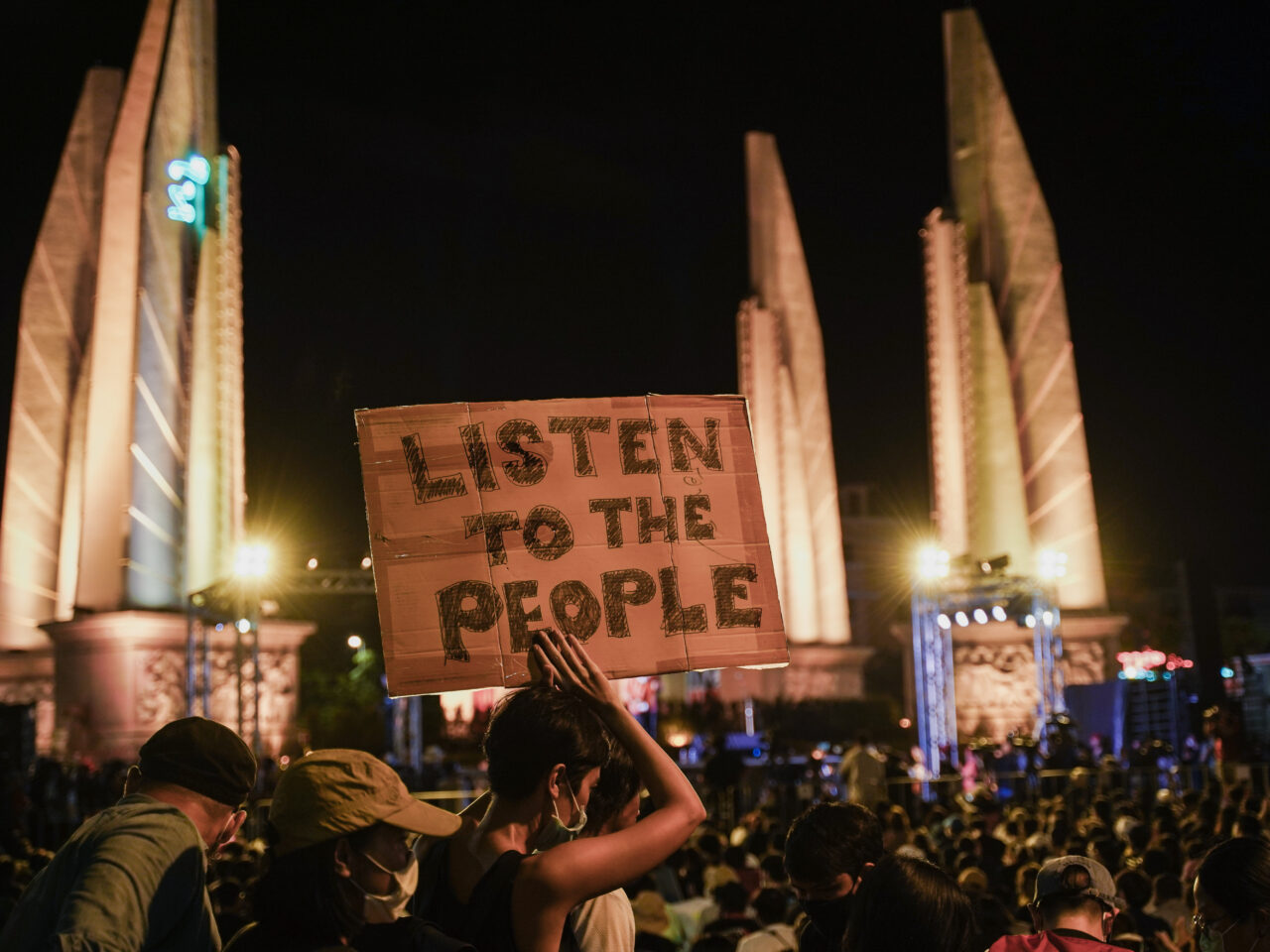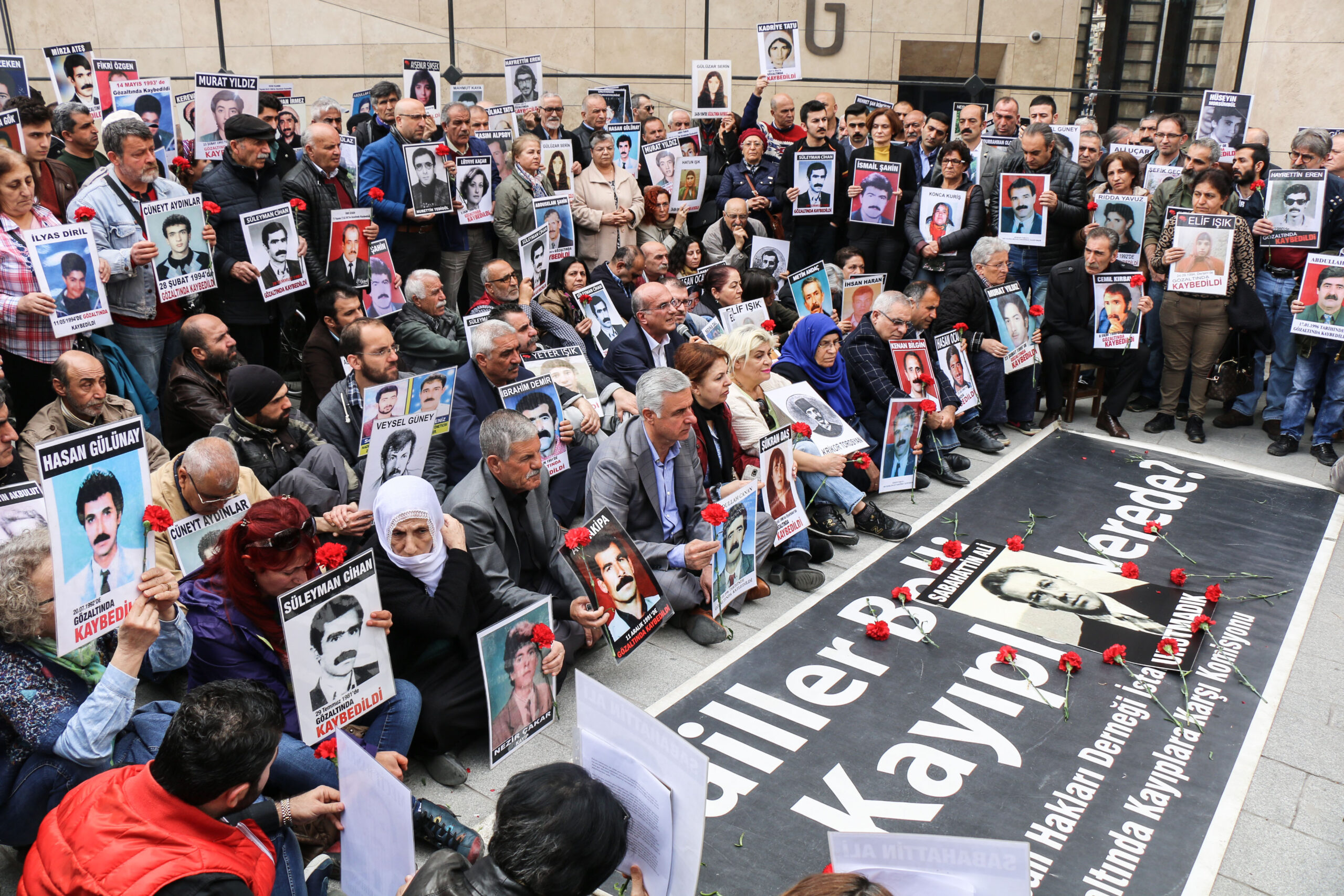OUR VISIONThe independent, international human rights arm of the Bar of England and Wales
BHRC is an independent and non-political body of barristers called to the Bar of England and Wales, dedicated to promoting principles of justice and respect for fundamental human rights through the rule of law.
Our vision is for a world in which human rights are universally protected, through every government and state actor’s adherence to international law obligations and internationally-agreed norms.
BHRC members are barristers called to the Bar of England and Wales, pupil barristers, legal academics or law students. Our members include some of the UK’s foremost human rights barristers, legal practitioners and academics. Our members offer their services pro bono, alongside their independent legal practices, teaching commitments and legal studies.
BHRC elects an Executive Committee every two years to lead on the policy, strategy and delivery of our work. They are supported by a full-time Project Officer, part-time Administrative Assistant and an Advisory Board. BHRC’s Constitution was adopted in 1996 and amended in 2009, 2013 and 2015.

Activities & Advocacy

OUR STRATEGYWorking to protect the rights of advocates, judges, and human rights defenders around the world
Our mission is to protect and promote international human rights through the rule of law, by using the international human rights law expertise of some of the UK’s most experienced human rights barristers.
Our main objectives are to:
- uphold the rule of law and internationally recognised human rights norms and standards;
- support and protect practicing lawyers, judges and human rights defenders who are threatened or oppressed in their work;
- further interest in and knowledge of human rights and the laws relating to human rights, both within and outside the legal profession; and
- support and co-operate with other organisations and individuals working for the promotion and protection of human rights.
BHRC provides training, resources and guidance to support the development of human rights protections; we raise awareness of human rights abuses through fact-finding missions; we intervene in human rights cases by submitting amicus curiae briefs in local and international courts; and we send letters of concern to government officials and leaders abroad.
As part of its mandate, BHRC undertakes trial observation missions to monitor proceedings where there are concerns as to the proper functioning of due process and fair trial rights.
The remit of BHRC extends to all countries of the world, apart from its own jurisdiction of England and Wales. This reflects the Committee’s need to maintain its role as an independent but legally qualified observer and critic.
The Bar Human Rights Committee of England and Wales does not provide legal advice to individuals or institutions. Any legal advice provided by a barrister who is a member of BHRC is provided in his or her individual capacity as a practicing barrister and does not constitute the advice of BHRC.






